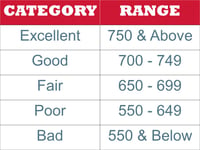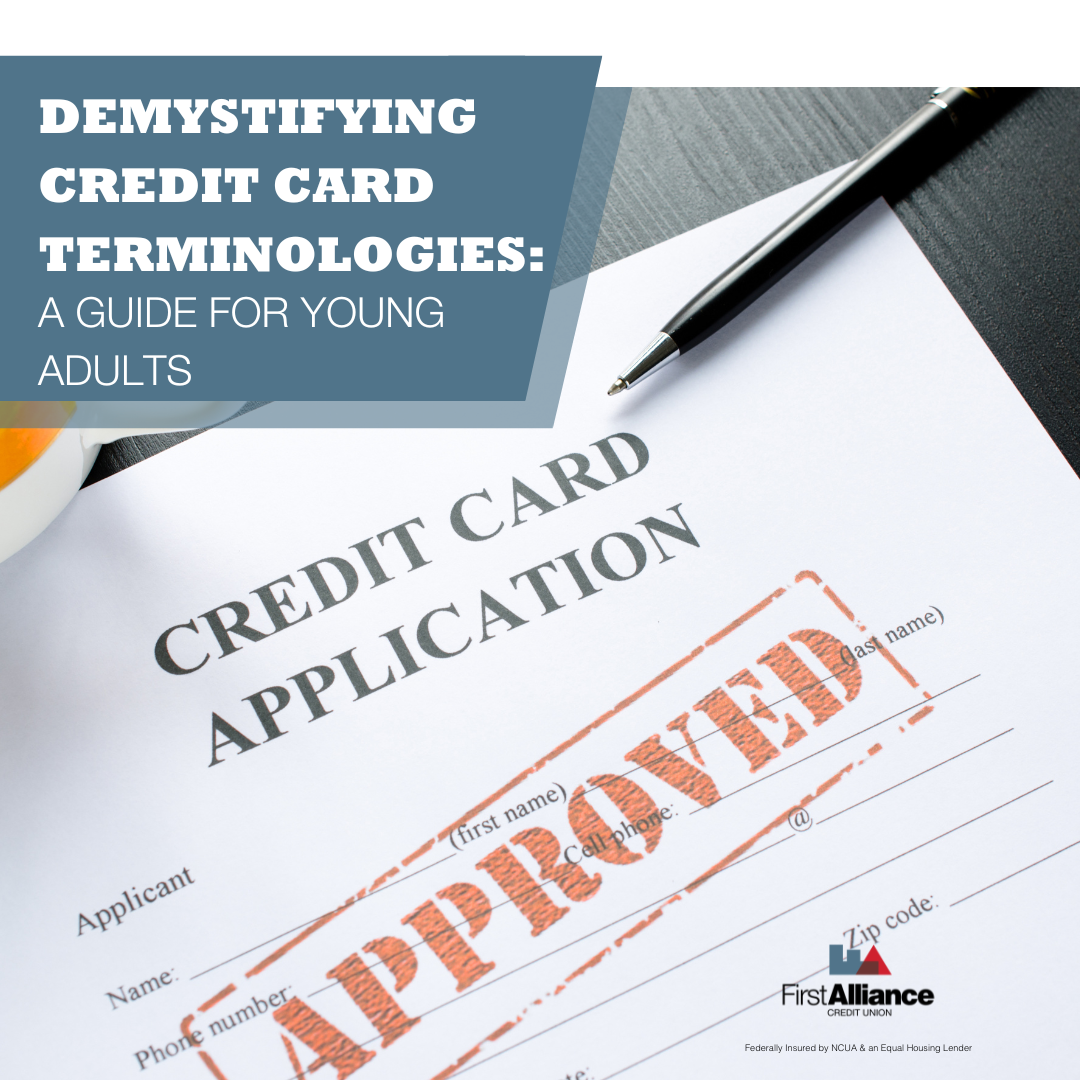Why are Personal Loan Rates so High?
If you’ve ever researched loan rates, either because you’re looking to take out a loan or because that’s the sort of thing you enjoy, you might have...

So you’ve decided to get a loan. That’s great news! Are you getting a fixed rate secured loan with a twenty-year term or are you leaning more towards a pre-approved variable rate loan with like a five-year HELOC?
If that last sentence made you want to hide under your bed, we understand—loan terminology can be confusing, and hearing a professional stringing several of them together can leave you feeling lost, as well as worried about what kind of financial situation you’re getting into.
Fortunately, loan terminology isn’t hard to figure out, and once you know what these words mean, you’ll be better able to understand the loan you’re getting.
Principal: This is the amount of money you’re borrowing from the financial institution.
Term: The agreed-upon time you have to pay off an installment loan. You should also know that there’s a big difference between the “term” of a loan and the “terms” of a loan. When people talk about the “terms” of a loan they’re talking about the loan’s conditions, but if they’re talking about the “term” of a loan they’re talking about the length of time you have to pay off the loan.
Interest: The amount money in dollars a financial institution charges to let you borrow their money.
Interest rate: How much a financial institution will charge you for taking out a loan. This is almost always expressed as a percentage of the money you borrowed. Many people will also call the interest rate the “rate” of the loan.
 Origination fee: A fee to cover the processing costs of the loan. Some financial institutions may also call this an underwriting fee, an administrative fee or a processing fee. You’ll pay this fee in addition to the principal, although some financial institutions may include the origination fee in the principal, while some do not charge this fee at all.
Origination fee: A fee to cover the processing costs of the loan. Some financial institutions may also call this an underwriting fee, an administrative fee or a processing fee. You’ll pay this fee in addition to the principal, although some financial institutions may include the origination fee in the principal, while some do not charge this fee at all.
Payoff Amount: The total amount of money you’ll have to pay to completely pay off your loan. This includes the principal, the interest you’ll pay and the origination fee, if there is one.
Prepayment fee: The fee a financial institution may charge if you pay off your loan ahead of schedule. Make sure to find out if your loan includes this in its terms and conditions before signing the loan documents.
Installment Loan: A loan you pay off over a set amount of time, usually by making a regular payment each month. Most loans offered by financial institutions are installment loans. They include mortgages, auto loans and personal loans.
Secured Loan: When you get a secured loan, you put up a valuable asset, like a vehicle or a house, as collateral in case you default. Borrowers risk losing the item they put up as collateral, but in return they usually get more flexible terms and better interest rates, since the financial institution can recoup their losses if you can’t pay off the loan.
Unsecured Loan: When you take out an unsecured loan, you don’t have to put up anything as collateral, and the only thing the lender requires is your signature. You won’t get terms as good as you might if you took out a secured loan, but you have a lot less to lose. Examples of a unsecured loans are personal loans and lines of credit.
Fixed Rate Loan: Fixed loans may have higher a slightly higher interest rate than a variable rate loan in the initial stages, but they are often preferred by borrowers because of their stable rates. The interest rates are fixed and are not affected by the ever-changing market rates. This relieves you from any rising market rates and allows you to plan payments accordingly, because they do not change over the life of the loan.
Variable Rate Loan: The initial interest rate on these loans are often tied to the Prime Rate, which can change quarterly. This type of loan can greatly benefit you in a situation where interest rates fall. However, in many cases, the interest rate will rise, which means more of your monthly payment will go towards the interest instead of the principal.
Debt Consolidation Loan: A type of personal loan that you take out to combine several debts into a single loan with one monthly payment and a better interest rate than you would have previously been paying across all your debts.
Open-Ended Loan: This is what credit cards, personal lines of credit, or home equity lines of credit (HELOC) are. These types of loans are also referred to as revolving credit lines because you are able to pull funds and pay back funds over and over again for the life of the credit line.
Prequalification: When you get prequalified for a loan, the financial institution evaluates your ability to qualify for a loan. You supply your financial information to a lending advisor, who will then let you know how much you can borrow, as well as the term and the interest rate. It is not the promise of a loan.
Preapproval: When you get preapproved for a loan, the financial institution take a thorough look at your financial information and gives you an official statement letting you know how much you can borrow, as well as the interest rate and the term of the loan. Getting preapproved is similar to getting prequalified, but unlike getting prequalified the end result is the promise of a loan.
Net income: Your net income is the amount you’ve made after taxes; health insurance and other deductions have been taken out of your paycheck. In other words, it’s the amount on your paycheck. You should know that your net income is different from your gross income, which is the total amount you make without any deductions. Lenders use this information to help determine the amount of money you can afford to borrow for a loan.
 Credit score: Your credit score is a snapshot of your how you have manged your credit lines over time, expressed as a three-digit number. The closer your credit score is to 800, the more reliable financial institutions consider you to be, and the better loan terms they’ll offer you.
Credit score: Your credit score is a snapshot of your how you have manged your credit lines over time, expressed as a three-digit number. The closer your credit score is to 800, the more reliable financial institutions consider you to be, and the better loan terms they’ll offer you.
Cosigner: A person who signs on your loan with you. This person is also legally obligated to repay the loan if you cannot. Having someone cosign a loan with you can help you get approved for a loan if you’ve had financial difficulties recently.
Loans have a lot of terminology related to them that the many people do not understand. However, you should have a clearer understanding about what you’re signing up for when you get a loan after reviewing the list of loan related words we've outline in this article.
If you want to feel confident during the lending process, contact a First Alliance Credit Union lending advisor today. They’ll not only help you understand your loan, they'll also help you find the right loan for your situation and goals.

If you’ve ever researched loan rates, either because you’re looking to take out a loan or because that’s the sort of thing you enjoy, you might have...

Credit cards can seem pretty daunting with all the terms and conditions they come with. Whether you're fresh out of high school, navigating your...

Buying a car is a significant step, especially for young adults juggling entry-level jobs and life’s many responsibilities. Whether you're eyeing a...